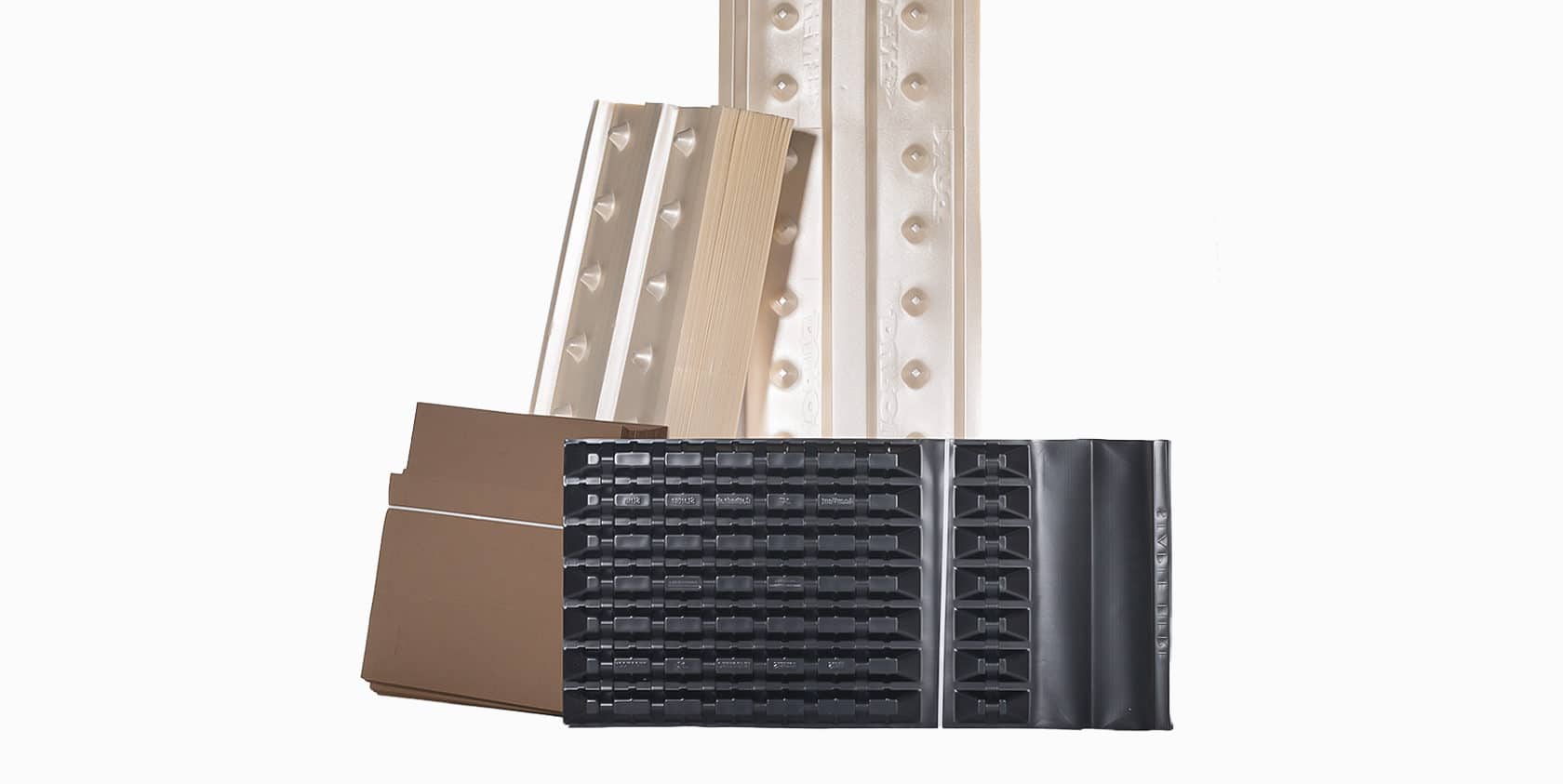Radiant barrier blocks 97 of radiant heat meaning it stops it from entering the attic space and ultimately the home.
Roof baffle radiant heat.
This is really what drives heat flow the top surface temperature of the insulation.
Other kinds of radiant barriers combine reflective materials usually aluminium foil with materials like plastic films cardboard and kraft paper.
It is important to create a pathway for cool air to come in the bottom of the attic and heated air to go out the top of the attic.
Research conducted at oak ridge national laboratory has shown that the effectiveness of radiant barriers is minimal if you have proper insulation many radiant barrier manufacturers aren t telling the truth.
The hot roof material then radiates its gained heat energy onto the cooler attic surfaces including the air ducts and the attic floor.
A radiant barrier works best when it is perpendicular to the radiant energy striking it.
The most effective radiant barrier sheathing is a structural roof sheathing panel which consists of an osb panel with heat reflecting foil laminated to one side.
When the sun hits the roof the sheathing warms up and radiates heat which in turn heats upthe rafters air handlers ducts and anything else in the attic space making for a hotter attic andtherefore a hotter home.
It can easily be 120º or more even if the air temperature is only 100º.
Radiant barriers are highly reflective materials designed to block radiant heat transfer.
This means radiant barrier can increase the life of the roof shingles.
The baffle vents can function as radiant barriers by providing the baffle vents with a reflecting coating s or reflective surface s.
Cut holes in the radiant barrier below all exhaust vents about 6 larger then the actual vent holes.
If you install a radiant barrier it will drop the surface temperatures inside the attic compared to the air temperature in the attic.
Radiantguard radiant barrier foil insulation installed in an attics can reduce attic temperatures by up to 30 degrees when stapled with a staple gun to the underside of roof rafters by reflecting up to 97 of the radiant heat that strikes its surface thereby reducing heat transfer from the attic to living spaces resulting in lower utility bills.
A radiant barrier reduces the radiant heat transfer from the underside of the roof to the other surfaces in the attic.

